Meftal-250 DT Tablet 10's
MRP ₹21.5
(Inclusive of all Taxes)
₹3.2 Cashback (15%)
Provide Delivery Location
Online payment accepted
 Prescription drug
Prescription drugWhats That
Composition :
Manufacturer/Marketer :
Consume Type :
Expires on or after :
Return Policy :
About Meftal-250 DT Tablet
Meftal-250 DT Tablet belongs to a group of NSAIDs (Non-Steroidal Anti-Inflammatory Drugs) used to provide relief from mild to moderate pain and inflammation associated with muscular, rheumatic, and arthritic disorders, headache, trauma, dental pain, and pain after surgery or childbirth. Additionally, Meftal-250 DT Tablet is used to relieve period pain, and premenstrual syndrome symptoms (PMS), and manage excessively heavy periods.
Meftal-250 DT Tablet contains 'mefenamic acid' which works by blocking the effect of chemical messengers that cause pain and inflammation. Thereby relieving pain and inflammation.
In some cases, you may experience certain common side effects such as abdominal pain, nausea, vomiting, diarrhoea, heartburn and indigestion. Most of these side effects do not require medical attention and will resolve gradually over time. However, you are advised to talk to your doctor if you experience these side effects persistently.
Consult your doctor if you are pregnant or breastfeeding. Meftal-250 DT Tablet may cause drowsiness and dizziness, so drive only if you are alert. Avoid consuming alcohol with Meftal-250 DT Tablet as it could lead to increased drowsiness and dizziness; it might also increase stomach bleeding risk. Keep your doctor informed about your health condition and medicines to rule out any side effects.
Uses of Meftal-250 DT Tablet
Directions for Use
Key Benefits
Meftal-250 DT Tablet belongs to a group of medicines called NSAID (Non-Steroidal Anti-Inflammatory Drug) used to provide relief from mild to moderate pain and inflammation associated with muscular, rheumatic, arthritic disorders, headache, trauma, dental pain, and pain after surgery or childbirth. Additionally, Meftal-250 DT Tablet is used to relieve period pain, symptoms of premenstrual syndrome (PMS), and management of excessively heavy periods. Meftal-250 DT Tablet works by blocking the effect of a chemical messenger in your body, known as cyclo-oxygenase (COX) enzymes that make another chemical prostaglandins. These prostaglandins are produced at injury sites and cause pain and swelling. By blocking the effect of COX enzymes, lesser prostaglandins are produced, which reduces mild to moderate pain and inflammation at the injured or damaged site.
Storage
Drug Warnings
Do not take Meftal-250 DT Tablet if you are allergic to any of its components, if you have severe heart, kidney or liver failure, suffered bleeding problems such as bleeding from the stomach or bowels while taking any pain killers or have peptic ulcers or inflammatory bowel disease. Inform your doctor if you have high blood pressure, heart problems, high cholesterol, dehydration, asthma, liver and kidney problems. Consult your doctor if you are pregnant or breastfeeding. Meftal-250 DT Tablet may cause drowsiness and dizziness, so drive only if you are alert. Stop taking Meftal-250 DT Tablet and consult your doctor immediately if you have stomach pain or any signs of bleeding in the intestine or stomach such as blood in stools.
Drug-Drug Interactions
Drug-Drug Interactions
Login/Sign Up
Coadministration of Meftal-250 DT Tablet with Ketorolac can increase the risk or severity of gastric bleeding and ulcers.
How to manage the interaction:
Taking Meftal-250 DT Tablet with Ketorolac together can result in an interaction, it can be taken if your doctor has advised it. However, if you notice any unusual bleeding or bruising, other signs of bleeding, dizziness, lightheadedness, red or black tarry stools, coughing up or vomiting blood, severe headache, and weakness, you should contact a doctor immediately. Do not stop using any medications without talking to a doctor.
Co-administration of Meftal-250 DT Tablet with Meloxicam together can increase the risk or severity of bleeding.
How to manage the interaction:
Taking Meftal-250 DT Tablet with Meloxicam together is generally avoided as it can result in an interaction, it can be taken if a doctor has advised it. However, if you notice any unusual bleeding or bruising, other signs of bleeding, dizziness, lightheadedness, red or black tarry stools, coughing up or vomiting blood, severe headache, and weakness, you should contact a doctor immediately. Do not stop using any medications without talking a doctor.
Co-administration of Meftal-250 DT Tablet with Flurbiprofen can increase the risk or severity of gastric bleeding, ulceration, and rarely, perforation leading to serious blood loss.
How to manage the interaction:
Taking Meftal-250 DT Tablet with Flurbiprofen together can result in an interaction, it can be taken if your doctor has advised it. However, if you notice any symptoms of dizziness, lightheadedness, unusual bleeding or bruising, red or black tarry stools, coughing up or vomiting blood, severe headache, and weakness, you should contact a doctor immediately. Do not stop using any medications without talking to a doctor.
Taking Human immunoglobulin with Meftal-250 DT Tablet, may raise the risk of kidney problems.
How to manage the interaction:
There may be a possibility of interaction between Human immunoglobulin and Meftal-250 DT Tablet, but it can be taken if prescribed by a doctor. However, if you experience nausea, vomiting, loss of appetite, increased or decreased urination, sudden weight gain or loss, fluid retention, swelling, shortness of breath, muscle cramps, tiredness, weakness, dizziness, confusion, or an irregular heart rhythm, consult a doctor. Do not discontinue any medications without consulting a doctor.
Teriflunomide may cause liver damage and taking it with Meftal-250 DT Tablet may increase that risk.
How to manage the interaction:
Although taking Meftal-250 DT Tablet and Teriflunomide together can cause an interaction, it can be taken if your doctor has suggested it. If you have any of these symptoms, it's important to contact your doctor right away - liver problems, fever, feeling cold, pain in your joints, swelling, bruises, rash, itchy skin, not feeling hungry, feeling tired, feeling sick, throwing up, dark urine, or bleeding. Do not discontinue any medications without consulting a doctor.
Coadministration of Meftal-250 DT Tablet with Deferasirox can increase the risk or severity of gastric bleeding.
How to manage the interaction:
Taking Meftal-250 DT Tablet with Deferasirox together can result in an interaction, it can be taken if your doctor has advised it. However, if you notice any symptoms of increased or decreased urination, fluid retention, swelling, shortness of breath, muscle cramps, tiredness, weakness, dizziness, confusion, and irregular heart rhythm, you should contact a doctor immediately. Do not stop using any medications without talking to a doctor.
The combined use of Meftal-250 DT Tablet and Tenofovir alafenamide can increase the risk of kidney problems.
How to manage the interaction:
Taking Meftal-250 DT Tablet and Tenofovir alafenamide together can lead to an interaction, it can be taken if advised by your doctor. However, if you experience any symptoms like nausea, vomiting, loss of appetite, increased or decreased urination, sudden weight gain or weight loss, fluid retention, swelling, shortness of breath, bone pain, muscle cramps, tiredness, weakness, dizziness, confusion, and irregular heart rhythm, contact a doctor immediately. Do not discontinue any medications without consulting a doctor.
Co-administration of Meftal-250 DT Tablet with Ibrutinib can increase the risk or severity of bleeding, leading to serious blood loss.
How to manage the interaction:
Taking Meftal-250 DT Tablet with Ibrutinib together can result in an interaction, it can be taken if a doctor has advised it. However, if you notice any symptoms of unusual bleeding or bruising, dizziness, lightheadedness, red or black tarry stools, coughing up or vomiting blood, severe headache, and weakness, you should contact a doctor immediately. Do not stop using any medications without talking to a doctor.
Coadministration of Meftal-250 DT Tablet with Dabigatran can increase the risk or severity of bleeding leading to serious blood loss.
How to manage the interaction:
Taking Meftal-250 DT Tablet with Dabigatran etexilate together can result in an interaction, it can be taken if your doctor has advised it. However, if you notice any unusual bleeding or bruising, other signs of bleeding, dizziness, lightheadedness, red or black tarry stools, coughing up or vomiting blood, severe headache, and weakness, you should contact a doctor immediately. Do not stop using any medications without talking to a doctor.
Coadministration of Meftal-250 DT Tablet with Methotrexate may increase the blood levels and side effects of methotrexate.
How to manage the interaction:
Although there is a possible interaction between Meftal-250 DT Tablet and methotrexate, you can take these medicines together if prescribed by your doctor. However, if you experience any symptoms such as nausea, vomiting, diarrhea, rash, appetite loss, joint pain or swelling, yellowing of the skin or eyes, dark urine, breathing difficulty, a dry cough, dizziness or fainting, unusual bruising or bleeding, seizures(fits), mouth sores or ulcers, infection, as well as flu-like symptoms(fever, chills, body pains, sore throat, and weakening of the muscles), consult a doctor immediately. Do not stop using medications without a doctor's advice.
Drug-Food Interactions
Drug-Food Interactions
Login/Sign Up
Diet & Lifestyle Advise
- Mild exercises such as jogging and walking are helpful for muscle stretching.
- Massages can also be helpful.
- Avoid freezing and hot temperatures.
- Avoid wearing tight-fitting clothes, instead, wear loose garments.
- Rest well, get plenty of sleep.
- To avoid developing pressure sores, change your position at least every two hours.
- Hot or cold therapy can help treat pain. Apply an ice-pack or hot-pack on the muscle for 15-20minutes.
- Stay hydrated, drink plenty of water.
Side Effects of Meftal-250 DT Tablet
- Abdominal pain
- Nausea
- Vomiting
- Diarrhoea
- Indigestion
- Heartburn
Habit Forming
Therapeutic Class
All Substitutes & Brand Comparisons
RX
Out of StockMeflup 250mg Tablet
Lupin Ltd
₹5.38
(₹0.48 per unit)
75% CHEAPERRX
Out of StockMefalgin 250mg Tablet
₹18.95
(₹1.71 per unit)
11% CHEAPERRX
Out of StockMictal-250Mg Tablet 10'S
Biochem Pharmaceutical Industries Ltd
₹19
(₹1.71 per unit)
11% CHEAPER
Author Details
We provide you with authentic, trustworthy and relevant information
Drug-Diseases Interactions
Drug-Diseases Interactions
Login/Sign Up
FAQs
Drug-Drug Interactions Checker List
- ASPIRIN
- IBUPROFEN
- CELECOXIB
- DICLOFENAC
- NAPROXEN
- PROBENECID
- CYCLOSPORINE
- TACROLIMUS
- WARFARIN
- HEPARIN
- METHOTREXATE
- ZIDOVUDINE
- DULOXETINE
- LITHIUM
- FLUOXETINE
- SERTRALINE
- MIFEPRESTONE
Disease/Condition Glossary
Pain: Pain is a symptom triggered by the nervous system, causing uncomfortable sensations in the body. Pain can be dull or sharp. It can be described as a stinging, throbbing, sore, and pinching sensation. Pain can occur frequently, or it can be consistent. The tolerance of pain can vary from person to person. Pain can be acute or can occur for a longer duration; it can be localised or can be overall. The common causes of pain are cramps, headache, muscle strain, arthritis, or bone fractures.

Have a query?
Alcohol
Safe if prescribed
Avoid consumption of alcohol while taking Meftal-250 DT Tablet as it may increase drowsiness. It can also increase the risk of stomach bleeding.
Pregnancy
Consult your doctor
Meftal-250 DT Tablet belongs to pregnancy category C. Please consult your doctor if you are pregnant or planning for pregnancy. Your doctor will prescribe only if the benefits outweigh the risks.
Breast Feeding
Consult your doctor
Meftal-250 DT Tablet may pass into breastmilk. Consult your doctor if you are breastfeeding.
Driving
Safe if prescribed
Meftal-250 DT Tablet may cause dizziness and drowsiness. Do not drive or operate machinery unless you are alert.
Liver
Consult your doctor
Dose adjustment may be needed in patients with liver impairment. Please consult your doctor if you have a liver impairment or any concerns regarding this.
Kidney
Consult your doctor
Dose adjustment may be needed in patients with kidney impairment. Please consult your doctor if you have kidney impairment or any concerns regarding this.
Children
Safe if prescribed
Please consult your doctor. Your doctor will recommend it based on your child's condition.













_0.jpg?tr=q-85)

